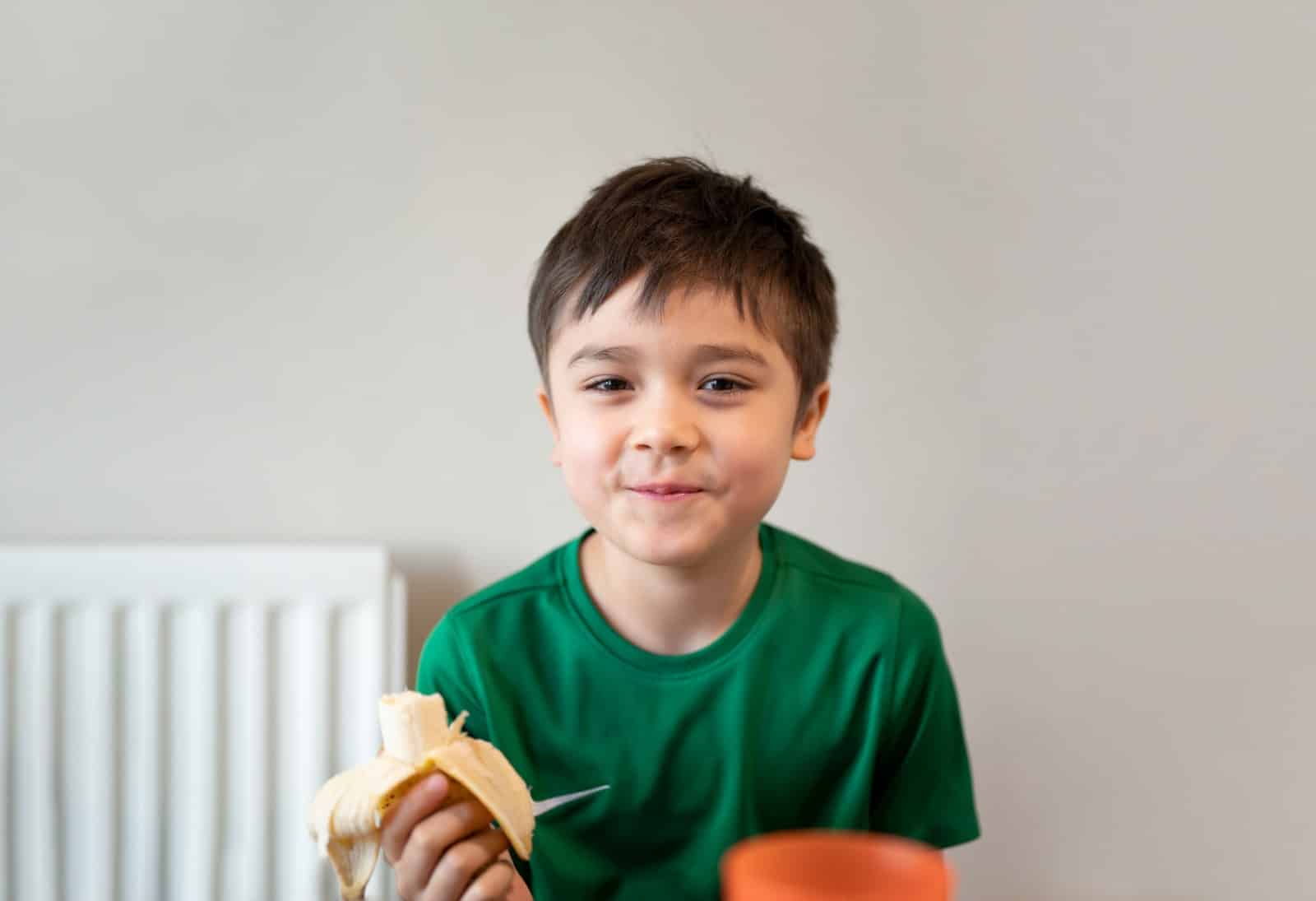How to reduce food waste and loss?
How to reduce food waste and loss?
According to data from the Food and Agriculture Organization of the United Nations (FAO), about 14% of the total food produced is lost in the supply chain. When it reaches consumers’ homes, there is also significant food waste. Sometimes people buy excessive quantities that spoil over time or serve more significant portions than they will consume. These practices directly impact natural resources.
Food waste increases GHG emissions
Factors such as work, effort, resources used during production, and transportation are wasted when wasting food. This increases greenhouse gas emissions, which affects the environment. Food lost during the supply chain is known as ‘food loss’, while food lost at the consumer level is called ‘food waste’. Reducing both is critical to eradicating famine globally and promoting food security.
Practices to avoid It
Implementing practices to avoid food waste and loss contributes to achieving 3 Sustainable Development Goals: zero hunger, responsible production and consumption, and climate action. But what measures can be taken from homes? Here are some tips that the FAO proposes:
- Adopt a healthier and more sustainable diet: Prioritize consuming fresh foods produced sustainably.
- Do not discard fruits and vegetables because of their appearance: Sometimes fruits and vegetables are wasted due to cosmetic defects in their appearance. However, their taste is the same. The ripe fruit can be used to prepare smoothies, desserts, and cakes.
- Store food wisely: Place the oldest foods in the front to consume them sooner and the new ones in the back of your cupboard or refrigerator.
- Sharing is caring: Donating food that would otherwise go to waste helps prevent it from ending up in the trash.
- Make the most of waste: Instead of throwing food waste in the trash, you can make compost with it, to take advantage of it and return nutrients to the soil.
AgroAmérica works for Zero Waste
AgroAmerica has innovated in terms of sustainability under the commitment of “zero waste” in the production of its bananas. The bananas that are not exported are used to transform them into high-quality natural ingredients, or to make banana flour that serves as a nutritional supplement for children in the areas where we operate. With these actions, the company seeks to reduce food loss, support food security and contribute to the fight against climate change.

